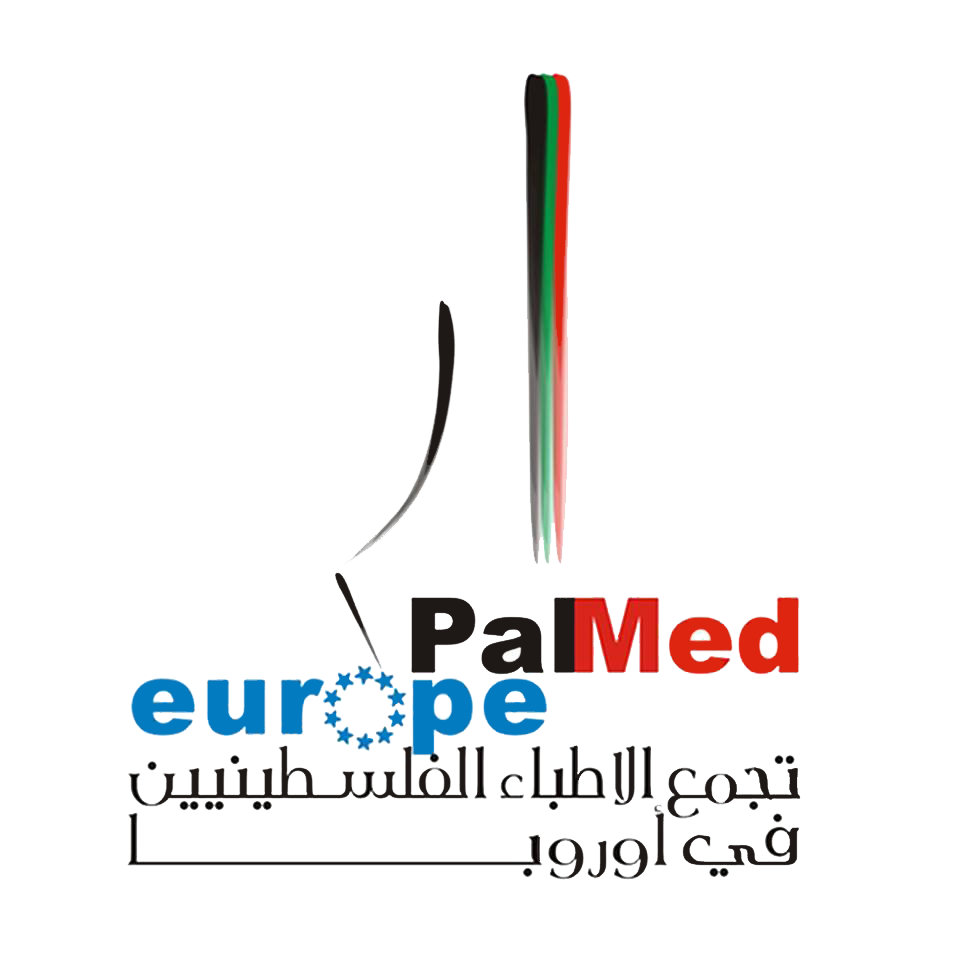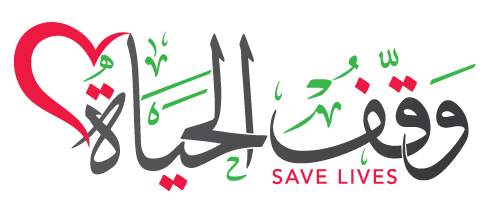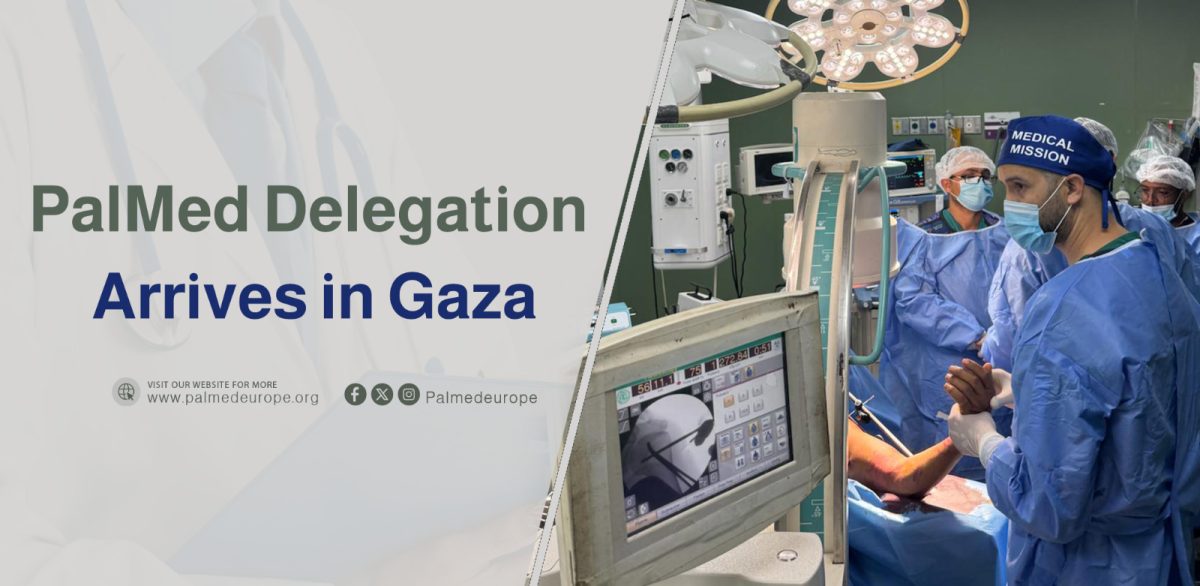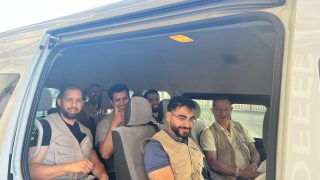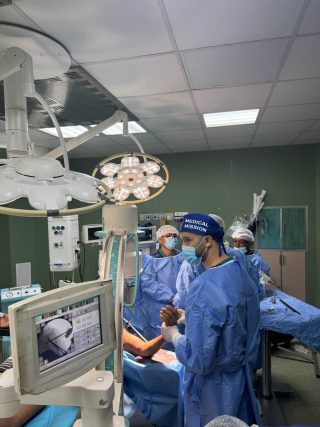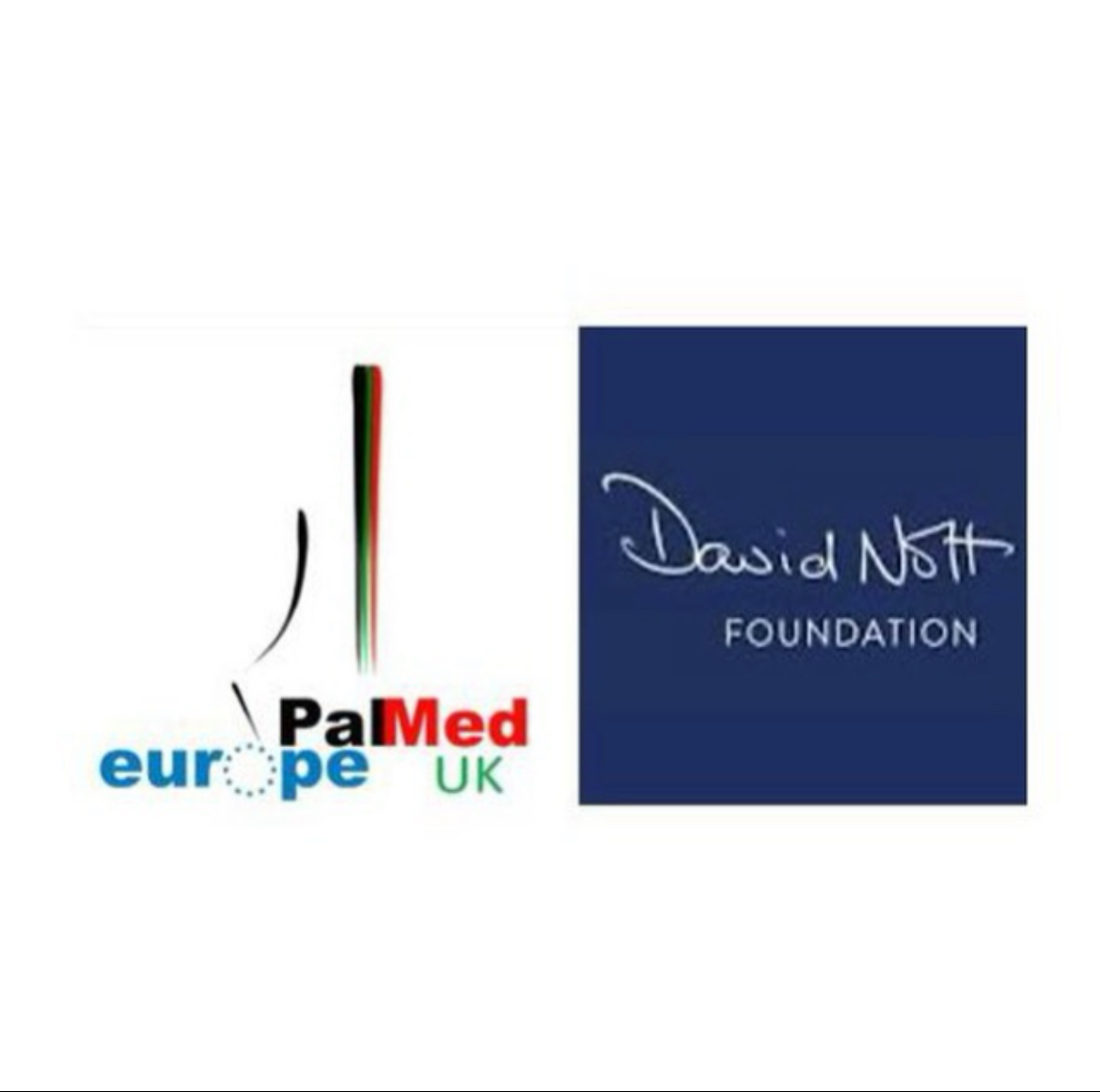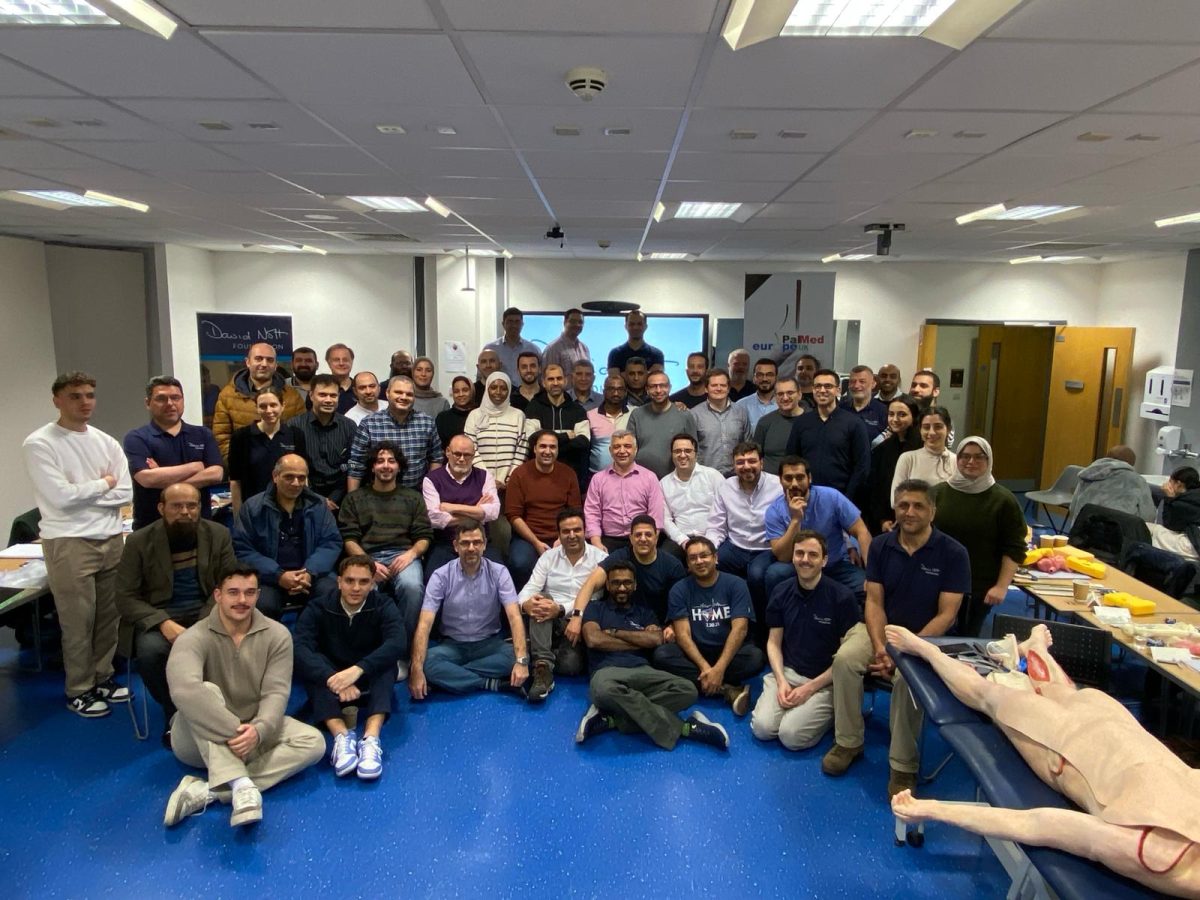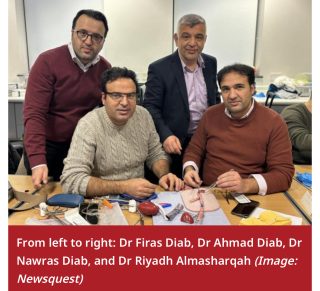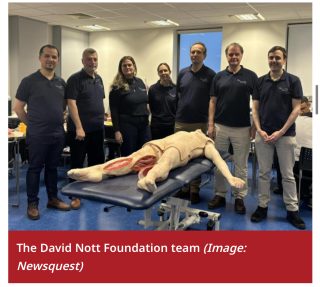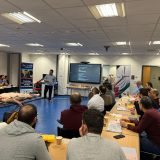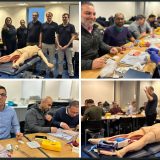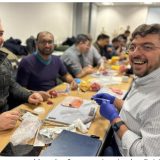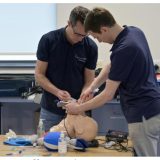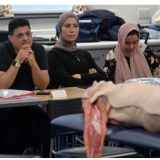Thursday, 26 June 2025
Khan Younis – Palestine
With praise and gratitude to God, three doctors from the Palestinian Doctors Association – Europe (PalMed Europe) have arrived today in Gaza, in partnership with Rahma International and in coordination with the Palestinian Ministry of Health.
This marks PalMed’s 20th medical delegation to Gaza since the beginning of the ongoing Genocide, continuing our mission to support the healthcare system and provide urgent medical relief.
This 20th specialist delegation originally consisted of seven doctors; unfortunately, four were denied entry. However, three senior consultants successfully arrived, specializing in:
ENT Surgery (Ear, Nose, and Throat)
Orthopedic Surgery
Internal Medicine and Cardiology
The delegation will perform advanced surgical procedures for patients and wounded individuals in Gaza, aiming to ease their suffering and support local medical teams who have been working under extreme conditions.
With God’s will, PalMed will continue to send specialist delegations, along with essential medications and supplies—fulfilling our medical and humanitarian duty and standing in solidarity with the dedicated healthcare workers of Gaza.
We pray for the safety of our delegation members, all medical staff, and the people of Gaza. May this unjust aggression come to an end soon, by God’s mercy and strength.
Together, we heal the wounds.
